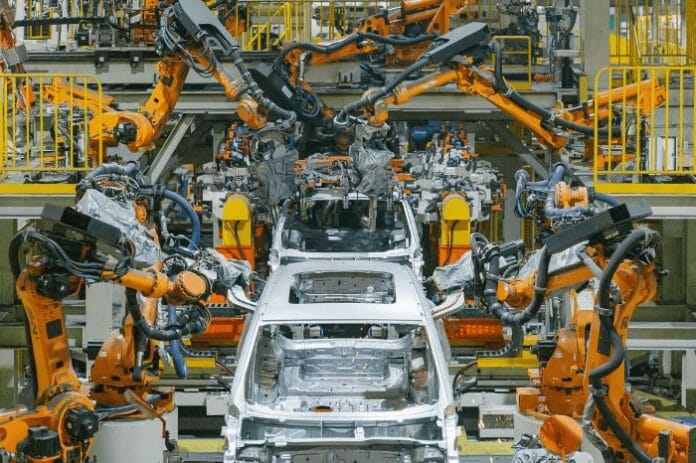China’s industrial output grew 6.7% year-on–year in April, accelerating from the 4.5% pace seen in March, as the recovery in the manufacturing sector gathered pace.
The official data released on Friday by the National Bureau of Statistics (NBS) came above a 5.5% increase in a Reuters poll of analysts.
However, retail sales, a gauge of consumption, rose 2.3% in April, slowing from a 3.1% increase in March. Analysts had expected retail sales to grow 3.8%.
Fixed asset investment expanded 4.2% in the first four months of 2024 from the same period a year earlier, versus expectations for a 4.6% rise. It grew 4.5% in first three months.
Economic data released earlier this month painted a mixed picture for April.
China’s exports and imports returned to growth in April after contracting in the previous month while consumer prices rose for the third straight month.
But China’s new bank lending fell more than expected in April from the previous month while broad credit growth hit a record low, raising the prospect of more policy support for the economy.
The government has set an ambitious 2024 growth target of around 5%. China’s economy expanded a faster-than-expected 5.3% in the first three months of this year.
China on Friday kicked off issuance of its 1 trillion yuan ($138.17 billion) of ultra-long special treasury bonds that will have tenors of 20 to 50 years to raise funds it will use to stimulate key sectors of its flagging economy.
Property investment fell 9.8% year-on-year in January-April, after declining 9.5% in January-March.
China’s property sector, which accounts for a quarter of the economy, has been hit by a regulatory crackdown and is still dragging down the overall economy.
The cities of Hangzhou, home of tech giant Alibaba (NYSE:BABA), and Xian both lifted home purchase curbs earlier this month, the latest efforts by local governments to promote home sales.
China is also considering a plan for local governments nation wide to buy millions of unsold homes, Bloomberg reported earlier this week.
A meeting of Communist Party leaders last month called for measures to support the property sector, saying it will coordinate and improve policies to reduce housing inventories and optimise policy measures for new housing.
The job market improved. The nationwide survey-based jobless rate stayed at 5.0% in April, down from 5.2% in March. – Reuters









